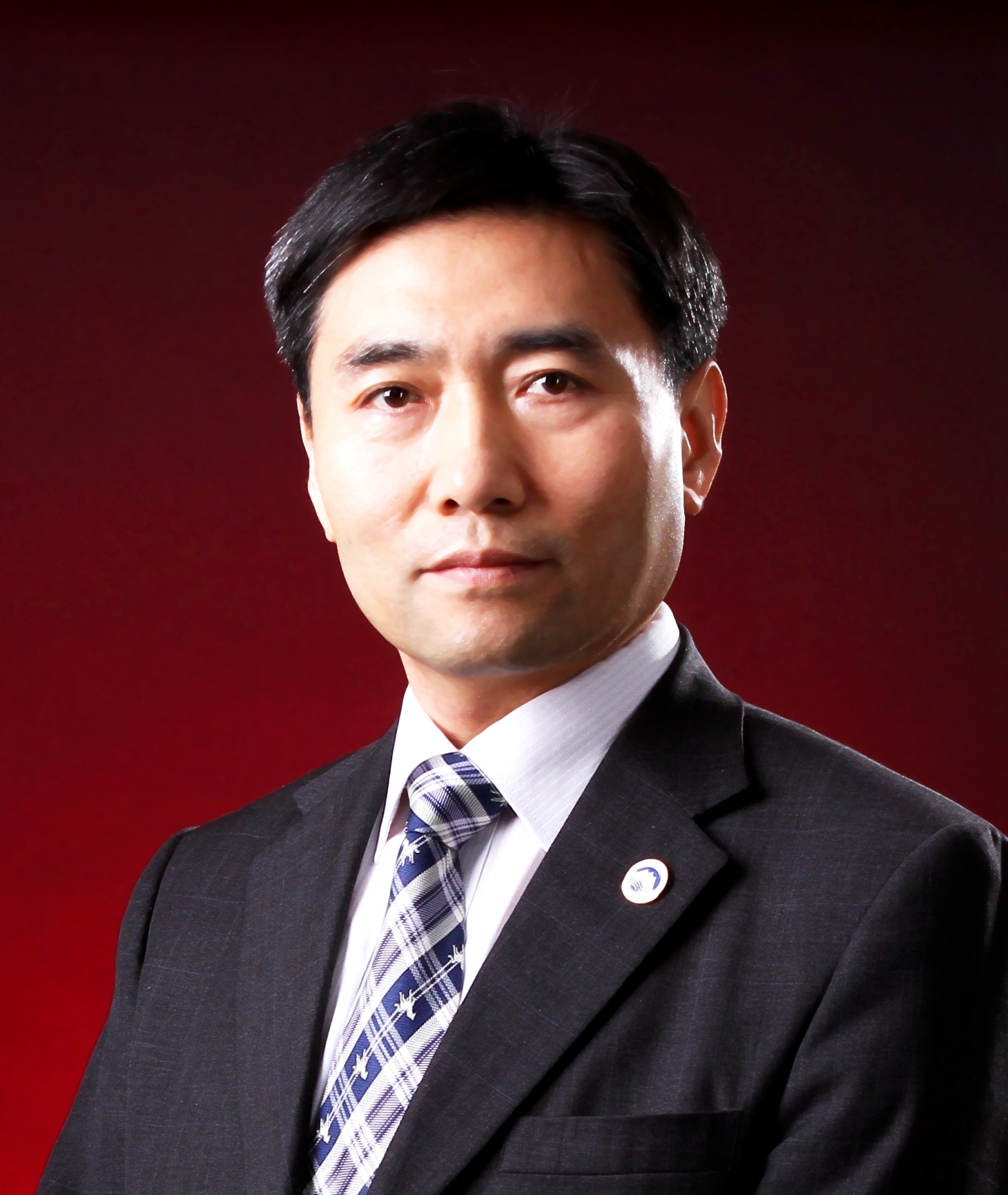
Prof. Lei Wang
Northeastern University, ChinaSpeech Title: Tensile Deformation Behavior and its Mechanism of Inconel 718 Superalloy with Electric-pulse Current Processing
Abstract: In order to improve the hot working plasticity of Inconel 718 superalloy, the electric-pulse current (EPC) was applied during tensile testing. The results show that EPC induces the decreasing of tensile flow stress and the improving of plasticity compared with that without EPC. The flow stress increases/decreases instantaneously with removing/recovering EPC during tensile testing. It is found that the thermal vibration of atom enhances leading to decreasing of Peierls stress with in-situ EPC, which is the essential factor on flow stress decrease. Although, with in-situ EPC, the γ′′ phases are induced to precipitate and then grow up, resulting in changing dislocation motion mode with γ′′ phase. And dynamic recrystallization has assisted on the alloy softening, which leads to flow stress decrease during deforming. EPC induces grain boundary strengthening at high temperature, the granular δ phases pin and enhance the grain boundary. The inside grain γ′′ phase is induced to transform to δ phase at high temperature. When the alloy deformed with EPC, both increasing of defect concentration and atom energy account for γ′′ phase growing up and δ phase precipitating on grain boundary in the alloy deformed with EPC.
However, when the Inconel 718 superalloy was aged with EPC primarily, then the tensile properties were examined at high temperature. It is found that the yield strength, the ultimate tensile strength and total elongation increase simultaneously of the alloy aged with EPC compared with normal aged. Compared with normal aged, γ′′ phases precipitate along dislocation in chain morphology and granular δ phases pin on the grain boundary in the alloy aged with EPC. The Joule heat effect enhances in the area with dislocation induced by EPC which leads to γ′′ phase nucleate and precipitate along dislocation. Vacancy concentration increase leads to yield strength increasing at the initial deforming. And the vacancies induces ultrafine nm-sized γ′′ phase to precipitate from γ matrix with a dense distribution during tension deformation at high temperature, which is the key factor on improving both strength and ductility.
Keywords: Electric pulse current, Deforming behavior, Inconel 718 superalloy, γ′′ phase, δ phasephase.
Biography: Prof. Lei Wang is currently a distinguished professor at Northeastern University (NEU), China. He has been director of institute of advanced material technology, NEU; vice president of Heat Treatment Society of China; an executive committee member of Materials Branch of Chinese Society of Mechanical Engineering; a visiting professor of IMR at Tohoku University, Japan. He was selected as Taishan Industry Leading Leader in 2018. Prof. Wang’s research focuses on the strengthening and toughening of advanced materials with microstructural controlling. He is also interested in the mechanical behavior of materials under dynamic loading and other environments. He has published more than 380 papers and 10 books.
